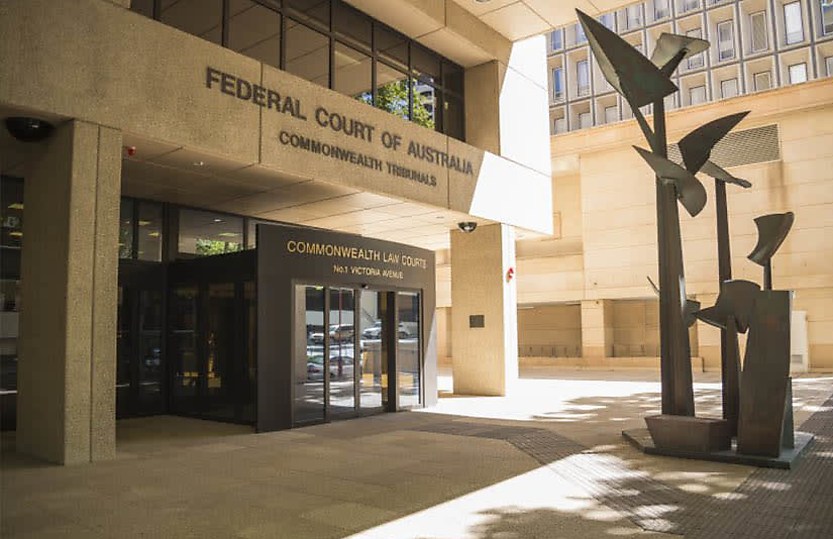Hotelier’s $11m tax fight fails as court confirms ‘all or nothing’ stance

A taxpayer who claimed he had no taxable income because he was self-funded has had his appeal dismissed by the Federal Court.
A man who went three years without filing a tax return, claiming he lived off loans and wealth from operating hotels in China, has failed to overturn a $11.4 million bill after the Federal Court confirmed the “all or nothing” approach to challenging ATO assessments.
The Federal Court last week rejected arguments by taxpayer Peter Wang that the AAT was wrong to require him to prove that the full amount of the ATO’s assessment was not assessable income.
Wang, a Chinese immigrant who became an Australian citizen in 2009, was a director and shareholder of 15 private companies and having more than 25 local bank accounts in his name or as a joint holder.
However, an ATO audit was triggered after he failed to lodge any tax returns between 2014 and 2015, resulting in $6.3 million assessments calculated with the asset betterment method under section 167 of the Income Tax Assessment Act 1936, as well as $5.2 million in penalties.
Challenging the assessment in the AAT, Wang’s counsel argued “the default assessments are incorrect as Mr Wang earned no assessable income in Australia during the relevant years”, because he was self-funded using his own accumulated wealth in China – at one stage owning four hotels, a taxi hire business and factories – and loans from third parties.
The AAT ruled that Wang failed to discharge his burden of proof to refute the ATO’s findings, applying the “all or nothing approach” which requires that “either the taxpayer is able to establish what their assessable income is or else the appeal fails”.
On appeal to the Federal Court, Justice Melissa Perry affirmed the AAT’s approach, struck down all grounds of Wang’s appeal and ordered him to pay the Commissioner’s legal costs totalling $26,847.
Justice Perry referred to legal authorities on how an objection to section 167 must be proved and noted “it is insufficient for a taxpayer to prove that an item in their asset betterment statement was wrong or should not have been included”.
“The taxpayer must account for the unexplained increase in assets by explaining the source of those assets and identifying that those sources are not taxable.”
As a result, she rejected Wang’s claim that he was not confined to the “all or nothing” approach and was entitled to succeed if he could establish errors in the Commissioner’s calculations of taxable income that would have resulted in a substantial reduction in tax payable.
“The applicant’s submission that where there are errors, the default assessment may be arbitrary and capricious is based upon a misapprehension as to the nature of the statutory onus,” she said.
“Insofar as the applicant relied upon there being no positive evidence to the contrary, the applicant impermissibly seeks to shift the onus of proof of taxable income to the Commissioner.”
About the author







